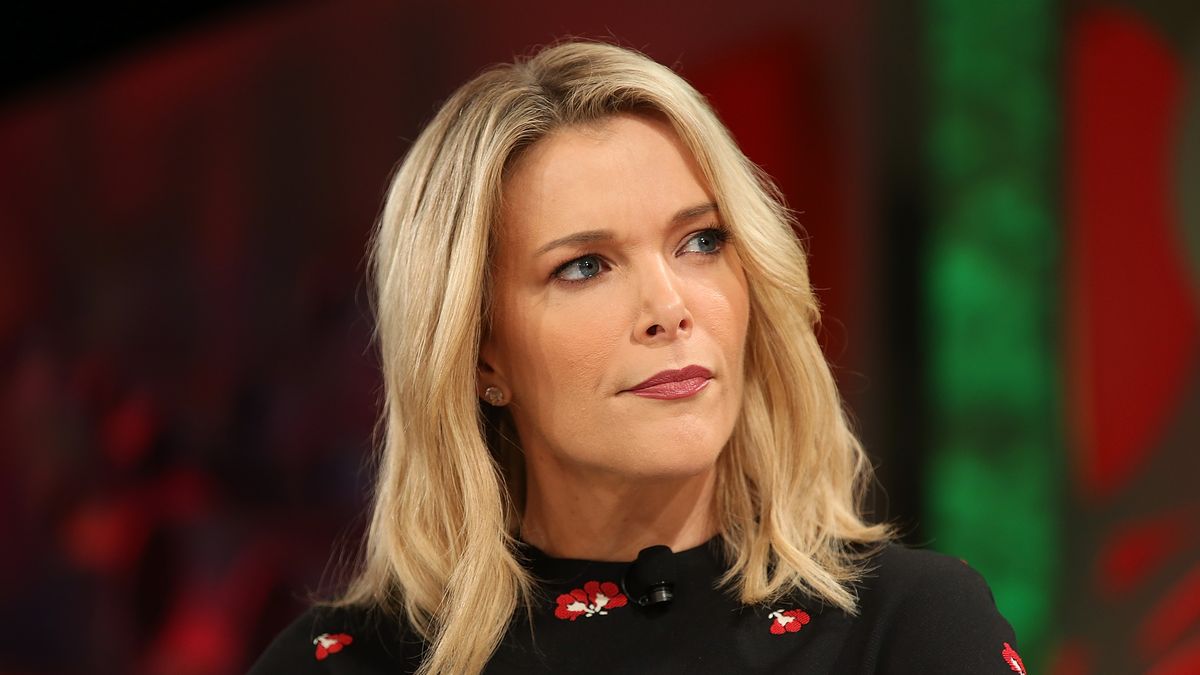Megyn Kelly, a notable figure in broadcast journalism, transitioned from Fox News to NBC, leaving her mark with the revealing 2016 autobiography “Settle for More.” She foregoes traditional exercise for a high-fiber diet, following the “F-factor diet” by dietitian Tanya Zuckerbrot. While scientifically grounded, the absence of regular exercise prompts questions about the comprehensiveness of her health approach.
Table of Contents
- Megyn Kelly Faced Challenges With Her Weight During Childhood
- Megyn Kelly’s Weight Loss Journey
- What is F-Factor Diet?
- What Else Does Megyn Kelly Do to Maintain Her Health?
Megyn Kelly Faced Challenges With Her Weight During Childhood

Megyn battled weight-related issues during her formative years and comes from a family with a history of obesity. Growing up in an environment where weight issues were prevalent, she faced the complexities of maintaining a healthy balance.
This personal struggle reflects the impact of her family history and highlights the resilience and determination she demonstrated in overcoming the obstacles associated with weight during her youth.
“I was chubby, by any standard, and soon I found myself on the wrong side of some vicious bullies. Ones who called me fat and made fun of my backside, who subjected me to humiliating pranks. Those comments can cut deep, trust me, I know,” Megyn previously revealed.
In addition, she confessed to resorting to risky measures to shed pounds, including using diet pills, cutting calories, and engaging in obsessive exercise. Unfortunately, these extremes left her feeling profoundly unhappy during that period.
Megyn Kelly’s Weight Loss Journey

Megyn finds it challenging to carve out time for the gym. In a brief segment of her 2016 autobiography, “Settle for More,” she shares her approach to staying slim and healthy, revealing that a traditional workout routine is not a component of her strategy.
Megyn, the host of “Megyn Kelly Today” on NBC and a former star anchor on Fox News, candidly addresses the challenges of balancing motherhood in her book, “Settle for More.” In it, she reflects, “After having my children, something had to give, and I gave up on exercise.”
Currently, Megyn adheres to the F-Factor diet, as outlined in the 2006 book by dietitian Tanya Zuckerbrot. She adopted this dietary approach after the birth of her first child, Yates, and noted that it effectively helped shed the baby’s weight immediately.
What is F-Factor Diet?

In Zuckerbrot’s book, “The F-Factor Diet: Discover the Secret to Permanent Weight Loss,” she advocates for a high-fiber diet and emphasizes two crucial benefits. First, fiber provides a sense of fullness, leading to reduced food intake. Second, the appeal of the regimen lies in the fact that you’re adding, rather than eliminating, foods from your diet, making it more sustainable.
According to Zuckerbrot, every meal in the F-Factor diet should consist of high-fiber carbohydrates and lean protein. As you progress through the three phases of the diet, each lasting approximately two weeks, the goal is to consume nine servings of high-fiber carbohydrates daily.
The F-Factor diet is backed by compelling research. Zuckerbrot points to a significant 2009 study published in the journal Nutritional Review, indicating that diets rich in high fiber and low in fat may be more effective for weight loss than low-fat diets.
A 2015 study published in the journal Annals of Internal Medicine discovered that individuals who increased their daily fiber intake to 30 grams or more lost comparable weight to those who adhered to a more rigid set of dietary guidelines.
The connection between exercise and weight loss is intricate. A 2012 study in the journal PLoS One proposes that individuals burn a similar amount of energy regardless of their level of physical activity. In simpler terms, what you consume may significantly impact weight management more than the intensity of your physical activity.
In a 2017 study published in the Journal of Endocrinology, smaller-scale research revealed that ramping up the intensity and duration of your workout might assist in reducing hunger, particularly in young men. Nevertheless, it’s crucial to emphasize that exercise remains a vital component of a healthy lifestyle. Despite these findings, Zuckerbrot recommends continuing workouts in her advice to readers.
“Combining the F-factor diet with exercise is the most powerful formula for losing body fat. … Dieting, or reducing your caloric intake, will result in dropping pounds, but keeping the weight off long term is almost impossible,” Zuckerbrot writes.
Related Weight-Loss Posts
How Did Kaley Cuoco Lose Weight?
How Did Jenn Sherman Lose Weight?
What Else Does Megyn Kelly Do to Maintain Her Health?

In 2009, Megyn shared her diet routine with Grub Street. Her mornings typically began with yogurt, egg-white omelets, and a generous serving of vegetables. Additionally, she was cautious about her carb intake.
“I try to steer clear of the starches because they’re the devil,” she said.
Megyn shared with Grub Street that she enjoys her coffee with “cream and half a Splenda.” Ongoing scientific research consistently highlights the health benefits associated with coffee consumption.
A recent study from 2022, published in the European Journal of Preventive Cardiology, discovered that consuming two to three cups daily of various coffee types—particularly in mild to moderate amounts of ground, instant, and decaffeinated coffee—might offer protection against cardiovascular disease and premature death.
The researchers observed “significant reductions” in the risk of coronary heart disease, congestive heart failure, and stroke across all three types of coffee. However, it’s worth noting that only ground and instant coffee containing caffeine showed a decreased risk for arrhythmia, which refers to an irregular heartbeat.
Furthermore, Megyn regularly goes on ski trips with her family. Research indicates that downhill skiing is associated with various health benefits. Beyond promoting physical fitness, it may also lower the risk of cardiovascular and metabolic diseases.
Studies have discovered that the more someone engages in skiing, the lower the prevalence of known conditions such as hypercholesterolemia, systemic hypertension, and diabetes. Additionally, the frequency of mental stress and the occurrence of memory deficits tend to decline.

